In the world’s largest democracy, conducting elections is nothing short of a logistical miracle. India’s Election Commission (ECI) is the institution that makes this miracle happen, election after election, across 1.4 billion people, 28 states, and 8 union territories.
But in a deeply diverse, politically intense nation, how does the ECI maintain its credibility?
The answer lies in a mix of constitutional power, operational transparency, public trust, and technological innovation. Let’s dive into the key ways in which the Election Commission upholds its reputation as the guardian of Indian democracy.
🏛️ What Is the Election Commission of India?
The Election Commission of India (ECI) is an autonomous constitutional authority responsible for administering:
Elections to the Lok Sabha and State Legislative Assemblies
Elections to the President and Vice President
Ensuring the Model Code of Conduct is followed
Supervising electoral rolls, political party regulation, and election logistics
It was established on 25th January 1950 and is governed by Article 324 of the Indian Constitution.
🛡️ 1. Constitutional Independence
Credibility begins with independence. The ECI is insulated from political influence in several ways:
The Chief Election Commissioner (CEC) and Election Commissioners are appointed by the President of India, and their removal process is similar to that of a Supreme Court judge.
The ECI does not report to any ministry. It operates independently of the executive.
It has the power to delay elections, countermand polls, disqualify candidates, and act against sitting governments for code violations.
🎯 This legal backbone ensures that no ruling party can control the ECI directly.
🧩 2. The Model Code of Conduct (MCC)
One of the most important tools in the ECI’s arsenal is the Model Code of Conduct.
It kicks in from the date elections are announced.
It restricts the ruling party from making new policy promises, launching new schemes, or using state machinery for campaigns.
Violations can lead to warnings, censures, bans, or even FIRs.
The MCC is not law, but its moral and political force is enormous. Its enforcement is key to ensuring a level playing field.
🔍 3. Transparent and Robust Electoral Processes
To maintain public trust, the ECI emphasises transparency and consistency in every step of the electoral process:
Voter Registration:
Continuous updating of electoral rolls
Inclusion of new voters through awareness drives
Door-to-door verification in rural areas
Candidate Scrutiny:
Public disclosure of criminal records, educational background, and assets
Affidavit submission for all candidates
Monitoring of campaign spending
Election Day:
Use of Electronic Voting Machines (EVMs) and Voter Verified Paper Audit Trails (VVPATs)
Polling officials were randomly selected from outside the candidate’s area
Sealing of EVMs with security codes and physical escorts to strong rooms
🧠 4. Technology and Innovation
India’s elections are modern, secure, and increasingly tech-savvy.
EVMs have made booth capturing nearly impossible.
VVPATs allow voters to verify their vote immediately after casting.
cVIGIL App enables citizens to report code violations instantly using smartphones.
GPS tracking of vehicles carrying EVMs and webcasting of sensitive polling stations further ensure transparency.
🎯 Technology enhances trust and reduces human error or tampering.
📉 5. Monitoring and Limiting Campaign Expenditure
Money power has long distorted Indian elections. To counter this, the ECI:
Caps election expenditure for candidates (₹95 lakh in Lok Sabha, ₹40 lakh in Assembly elections for most states)
Appoints Expenditure Observers in every constituency
Monitors rallies, media ads, vehicle usage, and cash distribution
Conducts raids with flying squads to seize illegal cash, liquor, and freebies
Example: In the 2019 Lok Sabha elections, over ₹3,475 crore worth of illegal cash and goods were seized.
🗳️ 6. Free and Fair Access for Voters
The ECI has made voter inclusivity a priority:
Booth accessibility for senior citizens and persons with disabilities
Postal ballots for citizens above 80 years and essential workers
Special arrangements in conflict-prone or geographically difficult areas (e.g., Ladakh, Bastar)
Awareness campaigns like SVEEP (Systematic Voters’ Education and Electoral Participation)
It has also taken steps to register marginalised communities such as trans persons, tribals, migrant workers, and sex workers.
🔎 7. Independent Observers and Booth Surveillance
Every election sees the deployment of:
General Observers – oversee the fairness of the process
Expenditure Observers – track campaign money flow
Police Observers – ensure law and order
CCTV cameras and webcasting from sensitive booths ensure no rigging goes unnoticed. Central Armed Police Forces are often stationed in sensitive regions.
This multi-layered monitoring builds faith among voters.
📢 8. Prompt Action Against Violations
The ECI is not afraid to take tough calls, even against ruling parties.
Examples:
Ban on leaders for hate speech (e.g., 48-hour or 72-hour bans on top leaders)
Cancellations of elections in cases of mass bribery (e.g., Tamil Nadu, 2016)
Re-polling orders if malpractice is detected
These actions, though sometimes controversial, show the ECI’s willingness to uphold integrity over appeasement.
📣 9. Open Communication and Public Engagement
The ECI regularly:
Hosts press conferences before, during, and after elections
Engages with civil society organisations and NGOs
Maintains active helplines, mobile apps, and websites for voter services
Runs public education campaigns across languages and platforms
This proactive approach helps maintain transparency, accountability, and voter trust.
⚖️ 10. Judicial Backing
The Indian judiciary often supports the ECI in legal disputes, affirming its autonomy.
Courts have upheld the MCC and disciplinary actions
PILs have led to stronger disclosure norms for candidates
The Supreme Court has pushed for criminalisation of political reform, helped by ECI data
This legal legitimacy strengthens the ECI’s standing.
✅ Final Thoughts: The Silent Pillar of Indian Democracy
In a country as vast, diverse, and politically complex as India, the credibility of the Election Commission is not automatic—it’s earned.
By combining:
Constitutional protection
Transparent processes
Strong enforcement
Voter-focused innovation
…the ECI proves that free and fair elections are not just a ritual, but a sacred democratic duty.
As voters, our trust in the system is as important as our vote. And the Election Commission ensures we have reason to trust.
📌 Related Posts
“One Nation, One Election: Will It Happen by 2025?”


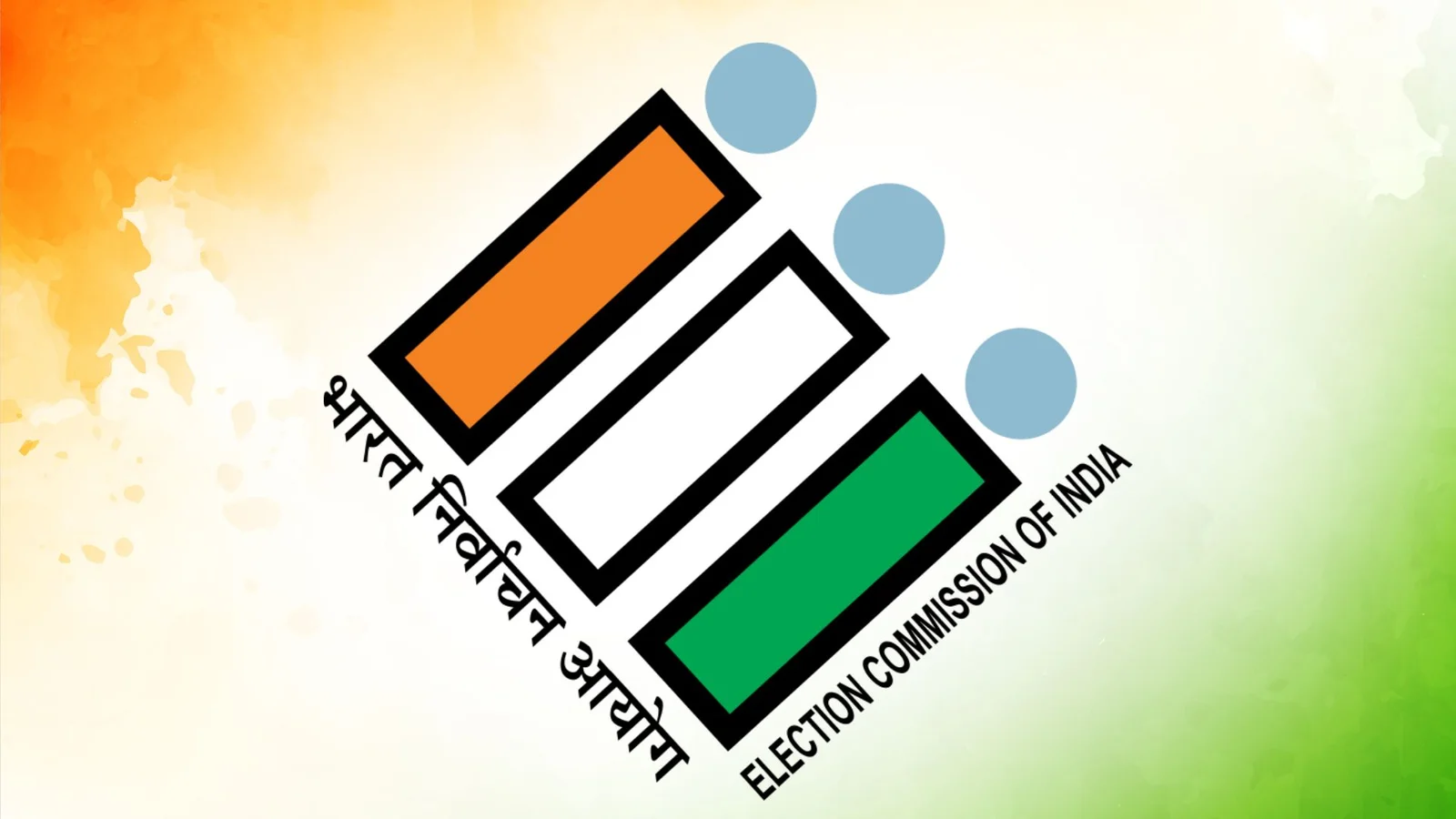

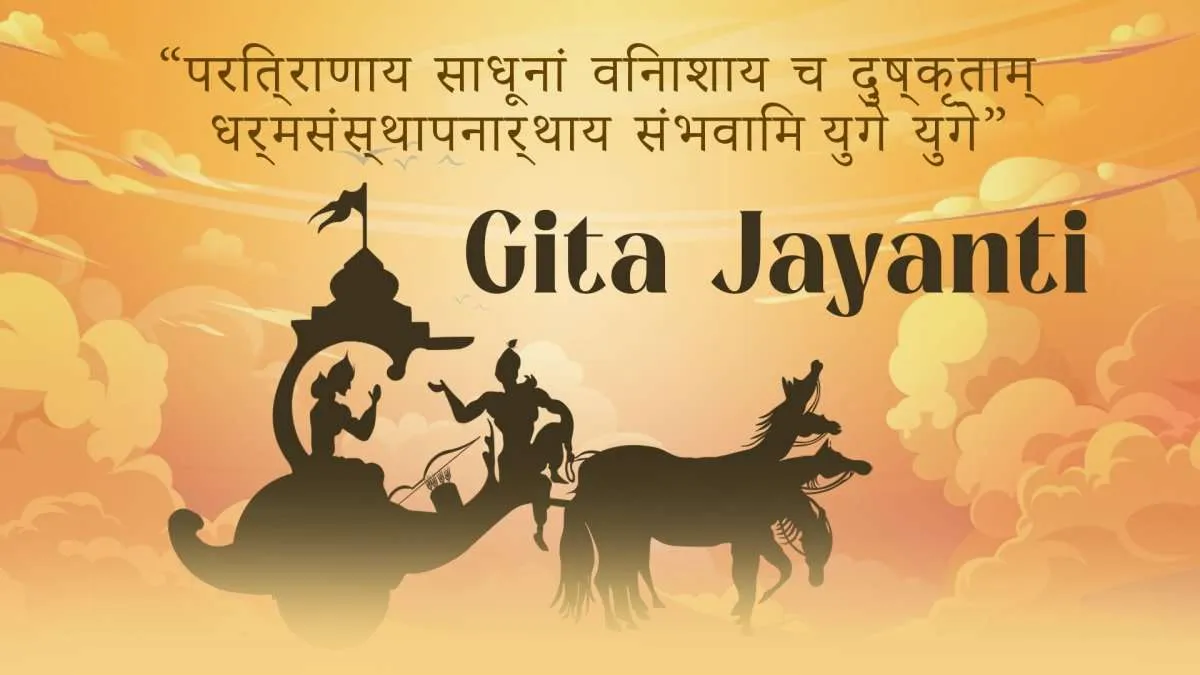
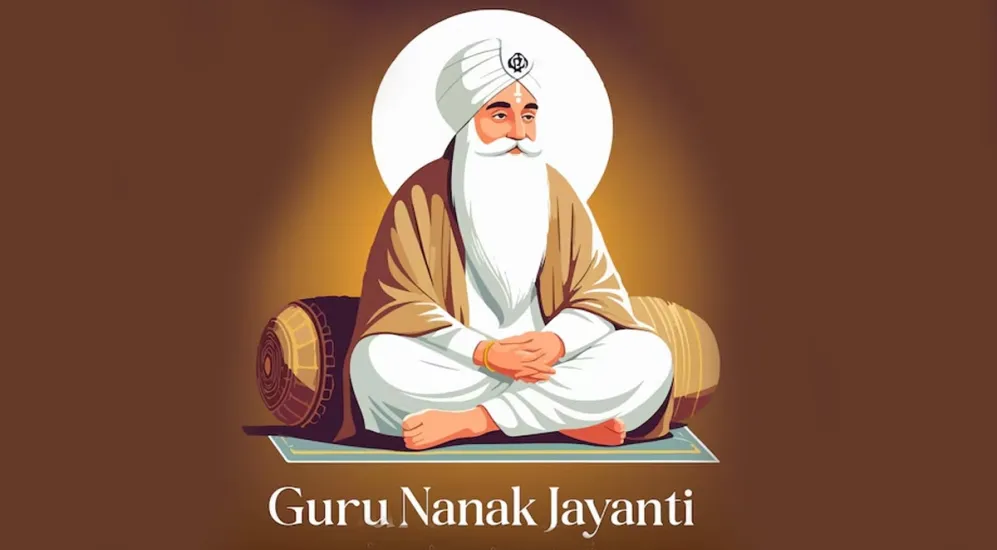




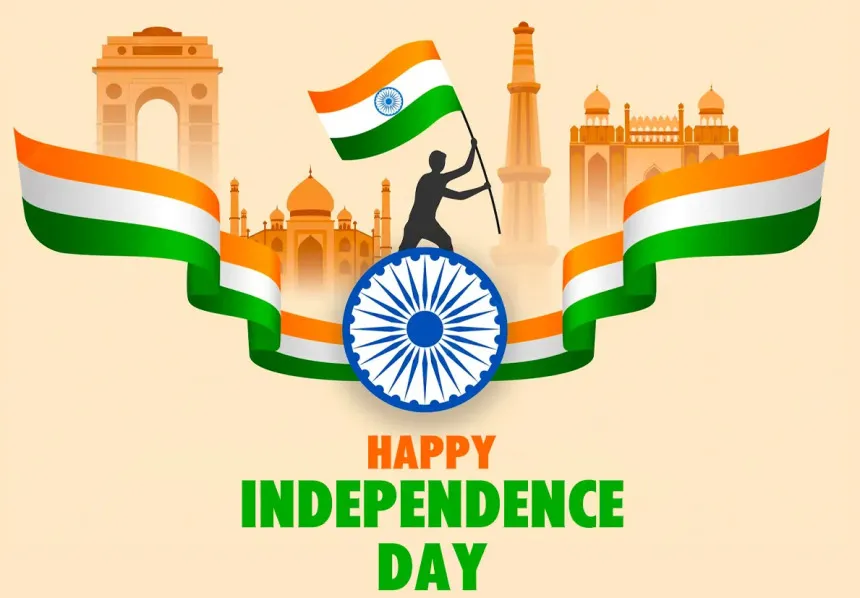

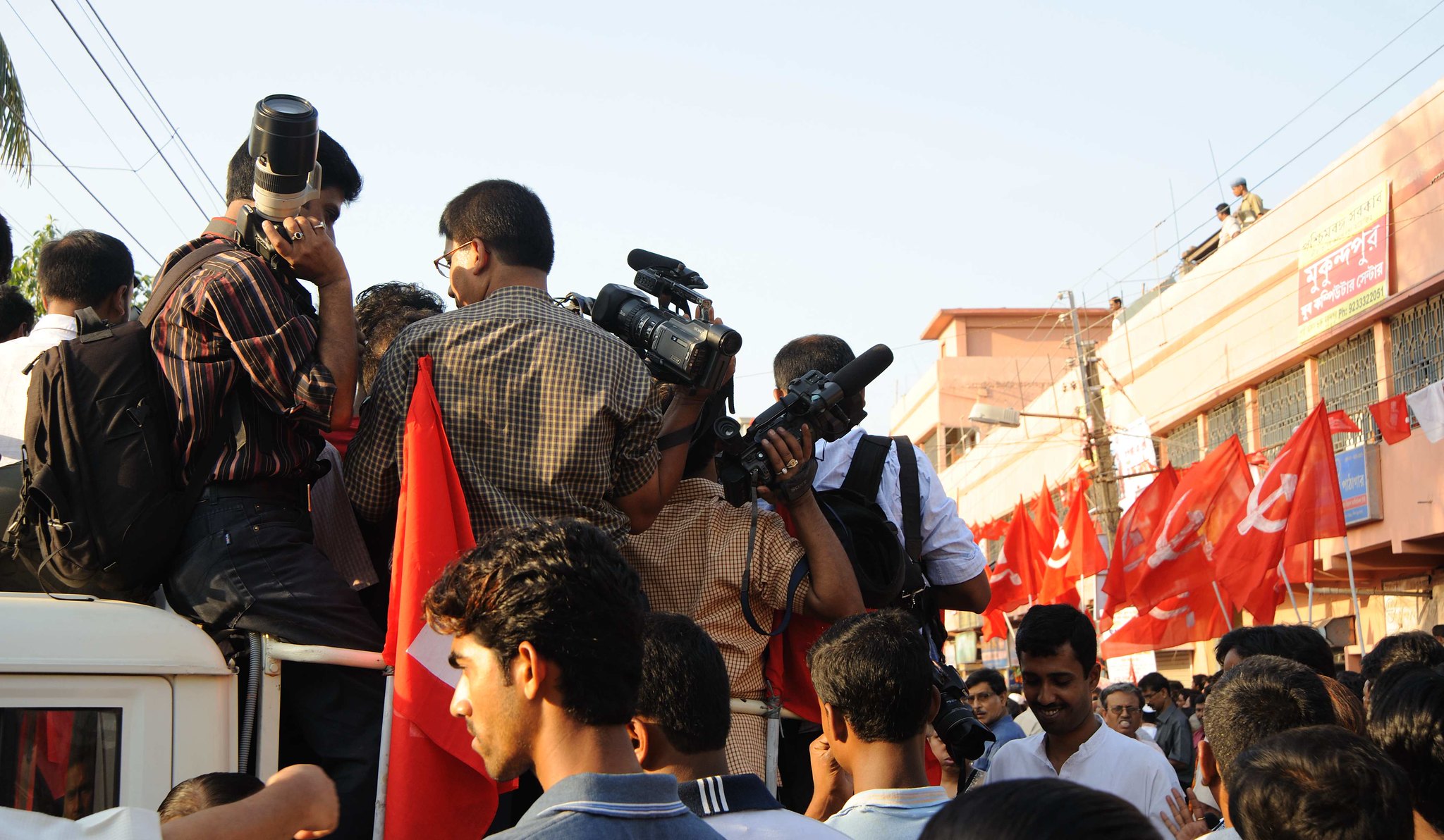
Recent Comments
No comments yet.